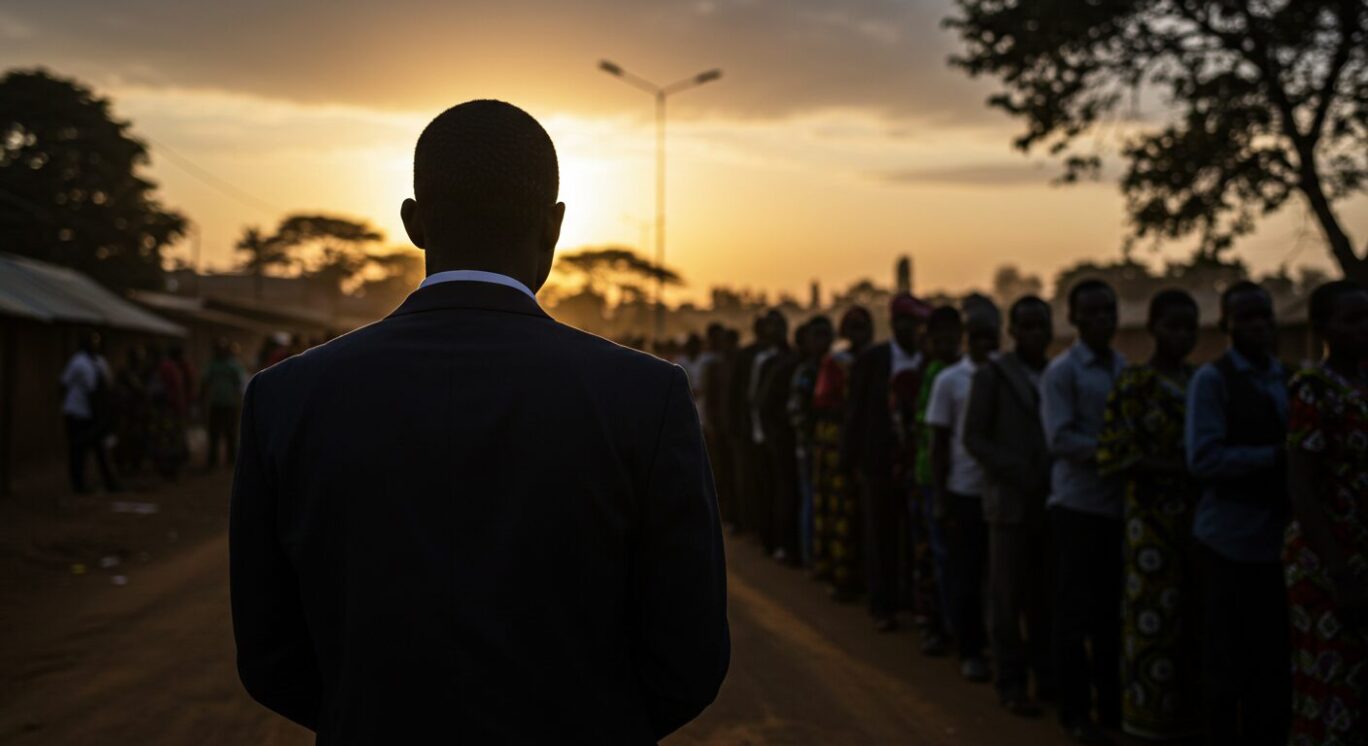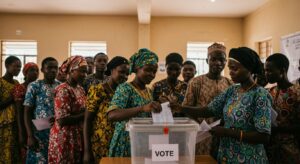An uphill task awaits the next IEBC Boss

The next Independent Electoral and Boundaries Commission (IEBC) chairperson faces an uphill task as they will shoulder the responsibility of overseeing the country’s election process.
There is a rising demand for election transparency, fairness, and an efficient and effective electoral process. Therefore, the incoming IEBC chief will need to address various challenges, including building voter trust, integrating technology into the electoral process, implementing legal reforms, and managing political pressures.
Uraia Trust, a Kenyan charitable trust, conducted a study focused on civic education and engagement, as well as institutional transformation, to build an informed, empowered, and balanced democratic nation. The study revealed a rise in the perceived lack of independence of the IEBC, with doubts about its ability to deliver free and fair election results.
The research titled “Strategic Insights Research Report on Electoral Excellence: Thematic Recommendations for Pre-2027 Electoral Reforms” raises doubts about the IEBC’s ability to deliver free and fair election results. Participants believe that elections are predetermined, leading to a lack of faith in the voting process.
Last week, it was evident that delivering fair, credible, and transparent elections is crucial to the choice of the next IEBC chairperson. Dr. Nelson Makanda led a nine-member selection committee for the recruitment of nominees for the appointment of the chairperson and members of the IEBC. The committee tasked the shortlisted candidates for the chairperson position to explain how they would safeguard the credibility of the commission, address voter apathy, and engage with marginalised groups.
The selection committee also questioned candidates on how they would ensure transparency, handle risks associated with IEBC jobs, and results transmissions, and restore public trust in the commission. Additionally, it asked candidates to explain how they would ensure the commission’s independence from politicians.
Eleven individuals were shortlisted for the chairperson’s position. They include Abdulqadir Lorot H. Ramadhan, Anne Atieno Amadi, Charles Ayako Nyachae, Edward Katama Ngenywa, Erastus Edung Ethekon, Francis Kakai Kissinger, Jacob Ngwele Muvengei, Joy Brenda Masinde-Mdivo, Lilian Wanjiku Manegene, Robert Akumu Asembo, and Saul Simiyu Wasilwa.
With the interviews complete, the selection panel will present two names to President William Ruto, who will pick one for appointment.
“This enormous task requires Kenyans’ prayers as we select individuals of integrity to oversee our electoral process for the next six years,” said Dr. Makanda during one of the interview sessions.
The IEBC has been operating without commissioners since January 2023, when the late chairperson Wafula Chebukati and commissioners Abdi Guliye and Boya Molu completed their terms.
Additionally, former vice-chairperson Juliana Cherera and commissioners Justus Nyang’aya and Francis Wanderi resigned amid a tribunal investigation into their conduct during the 2022 presidential election. Former commissioner Irene Masit was ejected after the tribunal deemed her unfit for office.
During the National Dialogue Committee (NADCO) talks, the reconstitution of the IEBC became a key agenda item after Azimio La Umoja One Kenya Coalition leaders rejected the existing selection panel framework.
 A key area of discussion was electoral justice and related matters. The committee examined the restructuring and reconstitution of the IEBC, boundary delimitation, and audit of the 2022 presidential elections. For this, it recommended the reconstitution of the IEBC selection panel comprising nine members.
A key area of discussion was electoral justice and related matters. The committee examined the restructuring and reconstitution of the IEBC, boundary delimitation, and audit of the 2022 presidential elections. For this, it recommended the reconstitution of the IEBC selection panel comprising nine members.
On February 22, 2024, the National Assembly adopted the NADCO report, which had been tabled in the House on December 7, 2023, by the Leader of the Majority Party and NADCO Co-chairperson, Kimani Ichung’wah.
The IEBC commission is responsible for conducting or supervising referenda and elections to any elective body or office established by the Constitution, as well as any other elections as prescribed by an Act of Parliament.
In particular, the commission conducts continuous voter registration and updates the voter register. Other mandates include voter education, the facilitation of the observation, monitoring and evaluation of elections, regulations of money spent by a candidate or party in respect of any election, development of a code of conduct for candidates and parties, and monitoring of compliance with legislation on the nomination of candidates by parties.
The commission is also tasked with regulating political parties’ processes, settling electoral disputes, registering candidates for elections, and delimiting constituencies and wards.
The National Assembly Speaker, Moses Wetang’ula, warned that boundary delimitation would suffer the most from the IEBC delays. He noted the impossibility of creating new constituencies without a functional electoral commission.
“The delay in the reconstitution of IEBC stalled crucial activities, including boundary delimitation, which is vital for the country’s electoral system, as well as the timely conduct of by-elections in constituencies and wards that have experienced vacancies,” Wetang’ula said.

